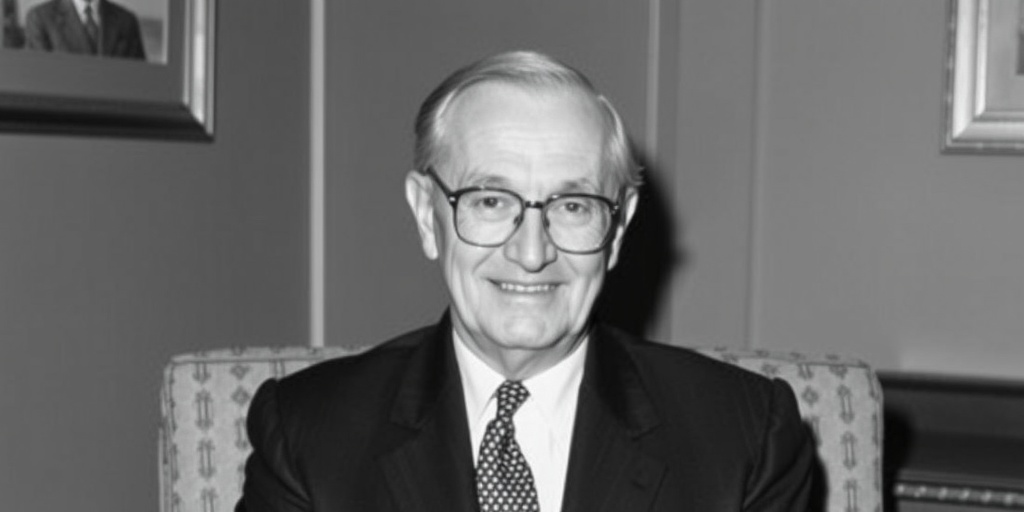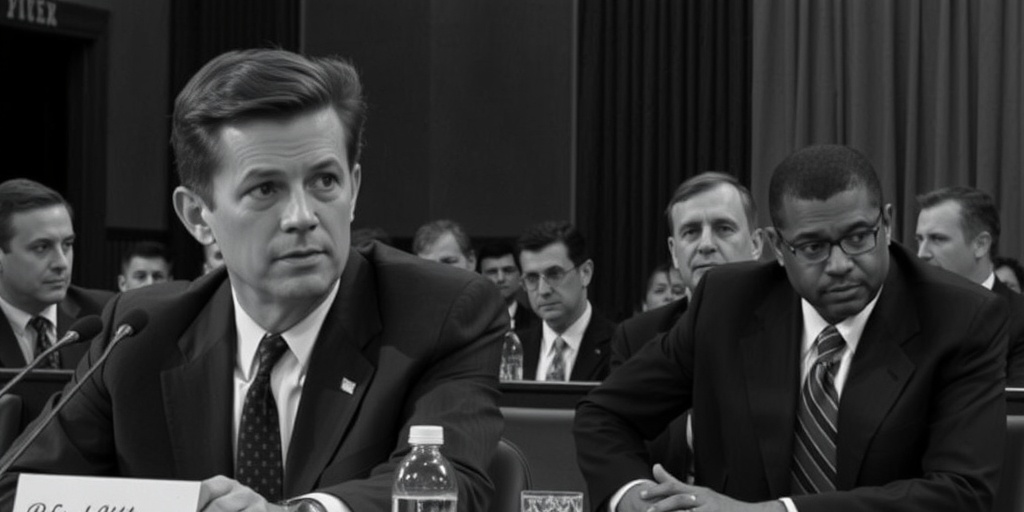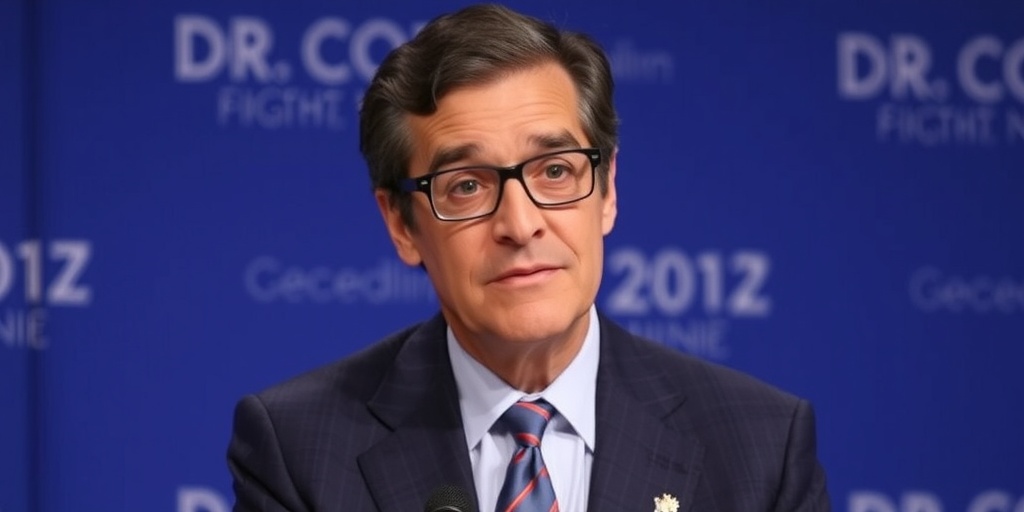Now Reading: Frank G. Wisner, Influential Diplomat, Passes Away at 86
-
01
Frank G. Wisner, Influential Diplomat, Passes Away at 86
Frank G. Wisner, Influential Diplomat, Passes Away at 86

Frank G. Wisner, Influential American Diplomat, Dies at 86
Frank G. Wisner, a distinguished veteran diplomat and foreign affairs expert who played a pivotal role in shaping U.S. diplomatic strategies over several decades, passed away on Monday at his home in Mill Neck, New York. He was 86 years old. His son, David Wisner, reported that the cause of death was complications related to lung cancer.
Wisner’s career spanned crucial moments in history while the Cold War influenced global geopolitics. He held ambassadorial positions in several countries, including Zambia, Egypt, the Philippines, and India, showcasing his ability to navigate complex international landscapes under both Republican and Democratic administrations. His tenure coincided with significant changes in regions from southern Africa to the Balkans, as emerging nations sought independence from colonial powers.
During the Cold War, Wisner emerged as a key player in managing U.S. relations with countries seeking to assert their autonomy while navigating the rivalries between superpowers. His approachable demeanor and social skills often allowed him to forge strong relationships, a necessary asset for influencing policies effectively. For instance, during his ambassadorship in Cairo from 1986 to 1991, he hosted diplomatic dinners attended by influential leaders and dignitaries, reinforcing America’s presence in the region.
One of Wisner’s notable ventures included clandestine negotiations with exiled members of the African National Congress, a bold move at a time when contact with those figures was largely uncommon for U.S. officials. His experience also extended to critical moments in history, such as the Iraqi invasion of Kuwait in 1990, which prompted a decisive American response. Reflecting on this challenging period, Wisner expressed his confidence in the Egyptian government’s stability and the effectiveness of American diplomacy in the region.
Throughout his diverse career, Wisner’s effective communication style allowed him to present a well-rounded narrative of American engagement across different nations. Describing interactions with Philippine officials, he would often reminisce about the deep historical ties between the two nations, harkening back to colonial events like the Spanish-American War, emphasizing the importance of understanding historical context in diplomacy.
However, Wisner’s legacy was not without its controversies. Following his retirement from public service in 1997, he continued to influence global affairs as a senior adviser to private companies. His final act of public diplomacy during the Arab Spring in 2011 presented them with a significant challenge. While serving as a conduit for President Barack Obama’s message to Egyptian President Hosni Mubarak, Wisner found himself at odds with the administration. Obama sought Mubarak’s immediate resignation amid swelling protests, but Wisner, after meeting with the Egyptian leader, noted that Mubarak would only consider stepping down in upcoming elections. His comments sparked backlash, as they were quickly countered by officials in the State Department who claimed he spoke without the administration’s blessing.
Despite the public disavowal of his remarks, Wisner maintained that he believed in a more stabilizing role for the U.S. in Egypt, emphasizing diplomacy over direct support for revolutionary calls. The fallout not only strained his relationship with the Obama administration but also underscored the complexities of American foreign policy during periods of significant unrest.
Born on July 2, 1938, in New York, Wisner was the son of Frank Gardiner Wisner, an influential intelligence officer who played key roles in the CIA during the early years of the Cold War. Following in his father’s footsteps, Wisner joined the State Department in 1961, where he began a career that saw him traverse several conflict-ridden nations, including Vietnam and Algeria.
Wisner was married three times. He married his first wife, Genevieve de Virel, in 1969, who passed away in 1974, leaving him with a daughter, Sabrina. Later, he married Christine de Ganay, the former wife of Pal Sarkozy, the father of former French President Nicolas Sarkozy. In 2015, he married Judy C. Cormier, an interior designer.
Over the years, Wisner earned recognition for his nuanced understanding of foreign affairs and his ability to cultivate relationships that could bridge diplomatic divides. In later years, he expressed concerns about America’s global engagements and the lessons that seemed to go unheeded from conflicts in Vietnam to Iraq and Afghanistan. His insights underscored a belief in the importance of learning from history, stating, "We seem to be impervious to learning from our mistakes," a sentiment reflecting the contradictions and complexities of American foreign policy.
As the world grapples with continued geopolitical tensions, Wisner’s contributions to American diplomacy will remain a significant part of the dialogue surrounding international relations and the effectiveness of U.S. foreign policy. His legacy is marked not only by his formidable career but also by the nuanced understanding of the intricate relationship between diplomacy and global stability that he championed throughout his life.
Stay Informed With the Latest & Most Important News
Previous Post
Next Post
-
 01New technology breakthrough has everyone talking right now
01New technology breakthrough has everyone talking right now -
 02Unbelievable life hack everyone needs to try today
02Unbelievable life hack everyone needs to try today -
 03Fascinating discovery found buried deep beneath the ocean
03Fascinating discovery found buried deep beneath the ocean -
 04Man invents genius device that solves everyday problems
04Man invents genius device that solves everyday problems -
 05Shocking discovery that changes what we know forever
05Shocking discovery that changes what we know forever -
 06Internet goes wild over celebrity’s unexpected fashion choice
06Internet goes wild over celebrity’s unexpected fashion choice -
 07Rare animal sighting stuns scientists and wildlife lovers
07Rare animal sighting stuns scientists and wildlife lovers





















